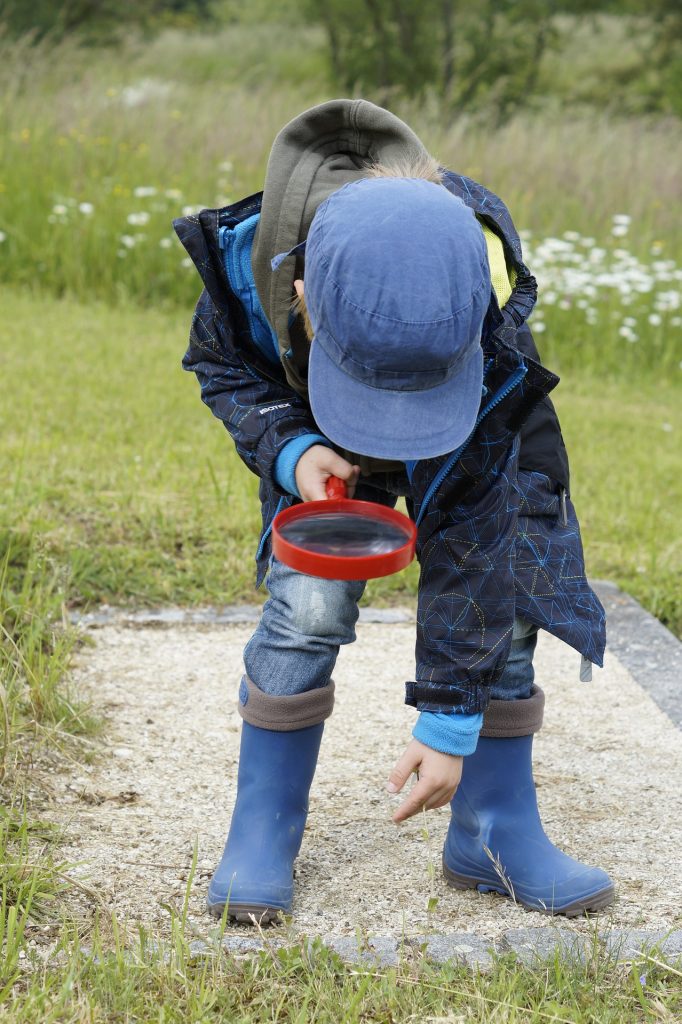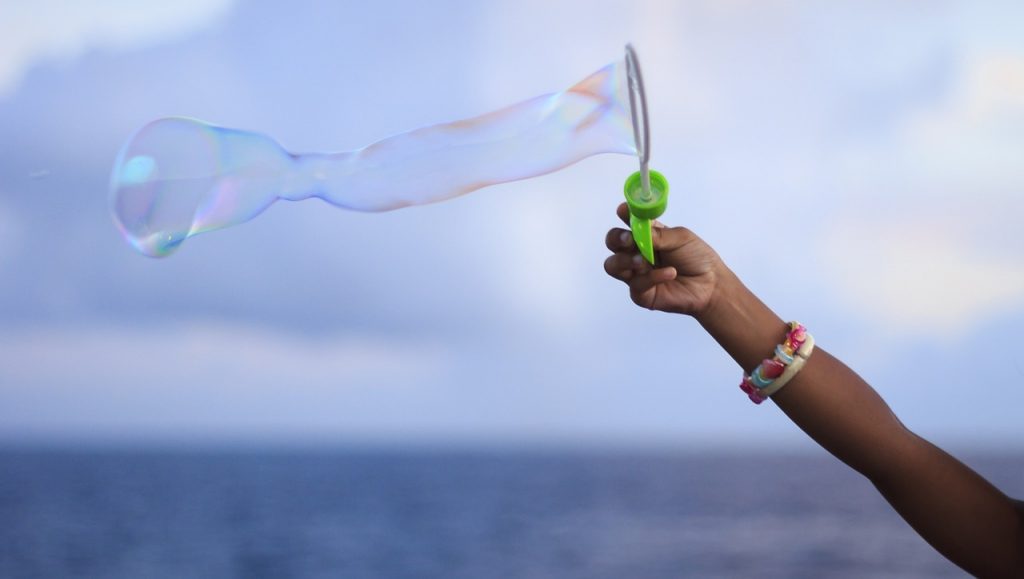Kids love to ask questions. Their young minds are like sponges taking in all of their experiences, new observations, and the answers to all of their questions. For some children, an aptitude for science comes naturally. They are drawn to questions and answers and are driven by their natural curiosity. For other children, an interest in science isn?t as natural. However, there are plenty of ways to peak your child?s interest in science without forcing it on them.

One way to do that is to utilize the interests they already have. Science has a place in everything ? it?s just a matter of finding it. You can also do some experiments with them, have a science-centered outing, or buy them some science-themed toys.
Hone in on Their Interests
One great way to get your child interested in science is to hone in on their interests. Tie science into those established passions and hobbies in a fun way that will naturally get their attention. This is a great way to foster an interest in scientific toys and experiences without pushing it on them. Not only is that fun for them, but it?s also important to allow children to follow their interests and find what they love.

If your child is interested in art, you might try some science experiments with prisms and rainbows. If your child is interested in the outdoors, you may try an ant farm or learning about rocks. If your child is interested in legos, they may be interested in building and engineering toys.
Do Fun Experiments
Children are such visual learners. With younger generations growing up around cutting-edge technology, they are used to dynamic visuals. Doing fun experiments with them is a great way to show them exactly how magical science can be. You can try some experiments with magnets, help them grow something, or make paper airplanes. There are many great electrical engineering experiments that will show children the wonders of electricity. Chemistry experiments can be really dynamic and hands-on.

Making a homemade volcano, building a popsicle stick car, and watching what happens when you mix food coloring, soap, and milk are all ways to show children how fun and amazing science can be. Just remember, most of these experiments should involve supervision. Some are dangerous, and most are messy.
Have a Science Outing
If you don?t have the ability to create experiments at home, you might consider having a science-related outing in order to show your children the wonders of science. Many cities have STEM (science, technology, engineering, and math) related fun centers for kids. These centers usually have exhibits available to teach children about various scientific principles such as symmetry, gravity, density, etc. You can also go to a museum or an art gallery, depending on their exhibits. Remember that there?s a bit of science in everything, even history and art.

Some other science outings can involve going to the zoo and learning about zoology. You can go to a community garden and learn about botany. You can take a trip to the ocean and learn about oceanography, or go hiking and learn about geology. Even if you have to do some of the teaching yourself, it can be fun for you to discover some things about science together.
Science-Centered Toys
Science-centered toys are great because they allow children to be very hands-on while learning. Though some still require supervision, others don?t. Depending on the age of your child, these toys can be used by them independently. Science-centered toys allow children to work through experiments and problem solving on their own. These are especially helpful for little girls who may not be as interested in STEM. However, thanks in part to science-centered toys for girls as well as boys, there has been a growing presence of women in engineering and other STEM fields.

These toys may have to do with astronomy, physics, or biology. Encourage your children to find a science-related toy that they are drawn to, or try to find one that might appeal to the interests they already have. For the children who get the most out of learning by doing, science-related toys can be really beneficial for their interest in science.
Not every child has a natural draw to science, but that might be because they haven?t found the side of science that interests them. Science is everywhere. It?s in the grass we walk on, the television shows they love, the food we eat, and the way we think. For children who are a little more right-brained, they may not be as interested in the methodical side of science. However, there is so much of science that is artistic and beautiful. It?s just a matter of finding it.



